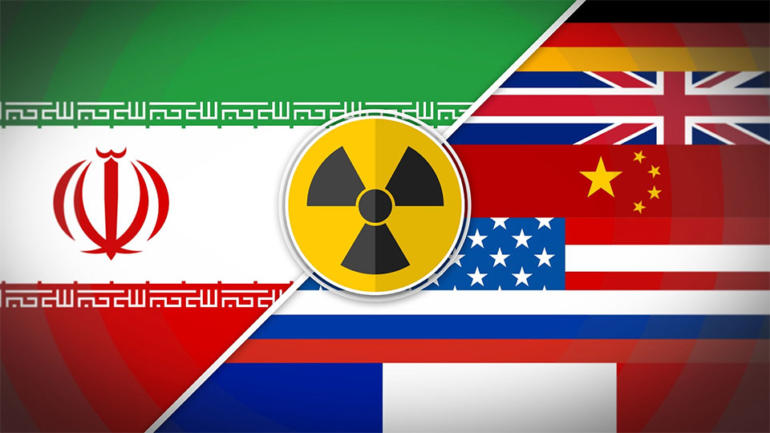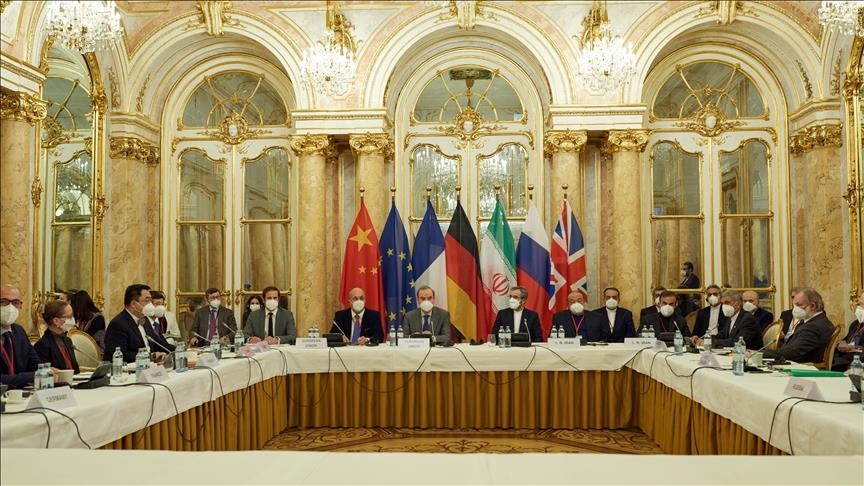Delay, Risks and Israeli Stance: New Iran Nuclear Deal

In 2015, Iran signed a Joint Comprehensive Plan of Action (JCPOA) agreement, which is commonly known as “Iran Nuclear Deal”. The deal was signed between five permanent members of United Nations Security Council (UNSC), Germany (P5+1) countries and Iran. When Donald Trump came into power in 2018, a unilateral American withdrawal from nuclear deal was observed. Whereas, in 2021, Joe Biden administration decided to revive the deal in April 2021 on which Iran also agreed and talks started. In February 2022, the participants of the deal said “the deal was on the verge of being finalized after a year of discussions”. At the times when United States and Iran talks advanced, Ukraine-Russia war erupted in the form of a new issue due to which the renewed deal process was delayed. Now, another main point of contention is Iran’s demand of removing Islamic Revolutionary Guard Corps (IRGC) be taken off from U.S list of Foreign Terrorists Organization (FTO). They were placed in 2019 on the list after Trump’s maximum pressure campaign after unilateral withdrawal of nuclear deal. The Vienna discussions on deal seem to be crossing the line between a breaking point and a breakthrough. The U.S still considers the deal in its national interests as said by the Secretary of State, Tony Blinken.

However, the ongoing deal has set off alarm bells in Israel; the leaders have condemned the deal at various platforms as they are of opinion it will not prevent Iran from developing nuclear weapons. With a signed agreement, Iran will be more confident in its actions and will have more resources. Israel fears that sanctions will be removed and billions of dollars in frozen assets would be released, causing Iran to spend more on its regional proxies. Israel’s Prime Minister Naftali Bennett in a statement has said that “the emerging deal, as it seems, is highly likely to create a more violent and more volatile Middle-East”. Also, he repeated his threat that Israel is not bound to attack Iran. According to United States Ambassador to Israel, Israeli’s hands are not tied if America has a deal with Iran. It can take any action against Iran to protect Israel. Prime Minister has expressed his concerns to secretary of state that afterwards risks of deal will affect the region and Israel. Recently, Bennett has invited Joe Biden to visit Israel which has been accepted. Despite this, Israel’s remarks alluded to points of contention. Israel has warned Biden to not delist IRGC for the security of state. Israeli media is also reporting the chances of nuclear deal are “slim to none”.

If an agreement is made, Tehran has also asked to access the frozen $7 billion and oil exports, the sanctions will be lifted from Iran. As a result, Iran, the United States and the rest of the globe would benefit economically. With Iran being able to sell oil around the world, it may be able to help down the sky-high energy prices caused by Ukraine war. The deal is in limbo; on the other hand, Israel is ramping up the pressure on Biden administration, but it has to be seen yet that U.S will delist the IRGC and will result in a historical “Iran Nuclear Deal” or not.


